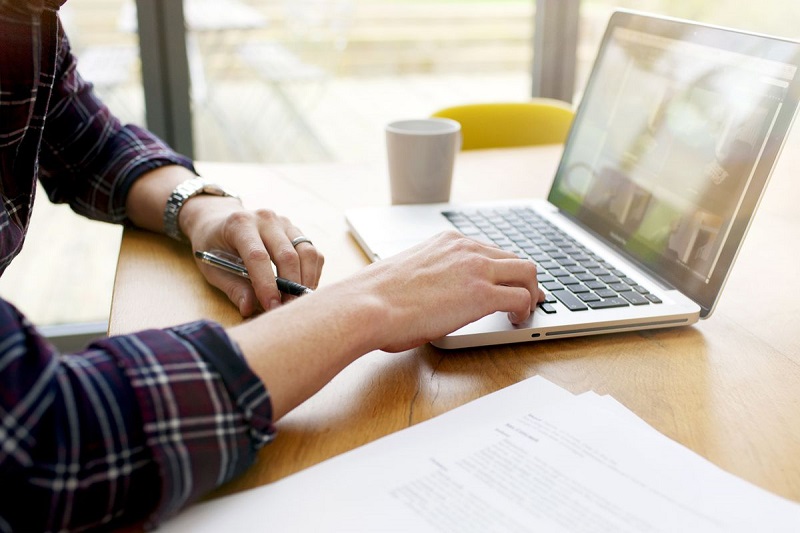Today’s laptops have come on leaps and bounds compared to the portables of old. Where once purchasing a laptop often meant sacrificing the processing power, storage, and RAM that were the mainstay of desktop machines, many of today’s laptops are as powerful (if not more so), than their desk-based counterparts – and all with the added advantage of portability.
With today’s super-fast connection speeds (both fixed-line fiber and mobile 5G) – plus the advent of cloud-based computing and storage – there’s no reason these days to have your business computing limited to a bulky desktop tethered to a phone socket.
However, if you’re looking to invest in a laptop for work, below are a few of the most important factors you should consider.
Think about how you’ll use the machine
The most important decision in buying a business laptop is to consider what you need it to do. For example, if you mainly just need a laptop for emails or simple word processing tasks, you won’t need a particularly powerful machine. Truth be told, most people spend far more on laptops than they need to when compared to the work they end up doing.
At the other end of the scale, if your work involves processor-intensive tasks like video editing or 3D modeling, you’ll want to invest in the fastest machine possible with a large storage capacity. The educational range of laptops produced by Lenovo is particularly good value yet still packs a punch. Working out how you’re going to use your machine will allow you to work out the subsequent considerations below.

Choose your Operating System (OS)
Windows remains the world’s most popular Operating System (OS) despite many rivals giving chase in recent years. If you’re looking for the greatest compatibility with other machines, software, and even games, you should probably go with a Windows-powered laptop.
Think about battery life
Laptops are, by design, meant to be portable, so don’t forget to check the anticipated battery life of your machine.
Decide on screen size and weight
The weight of a laptop is very often tied to its overall screen size, so remember the point about portability above and choose a model that’s big enough for your needs but doesn’t have excessive weight. For most users and tasks, a screen of between 13” and 15” or less will be more than ample.
Check the ergonomics
Laptops have the keyboard and touchpad combined in a small space and, while designs are largely similar among most manufacturers, the keyboard action and sensitivity/size of the touchpad can vary considerably. So, make sure you test a potential laptop to ensure it works for you.
Think about hardware requirements
The CPU and RAM of a computer are the two most important factors in how quickly it can perform tasks – plus the number of apps it can run concurrently. As a general rule, you should aim for the fastest machine you can afford with the largest RAM. You should also factor in Hard Disk Drive (HDD) size – although this has become less of an issue these days with external drives and cloud storage options able to pick up the slack if your machine runs short of space.